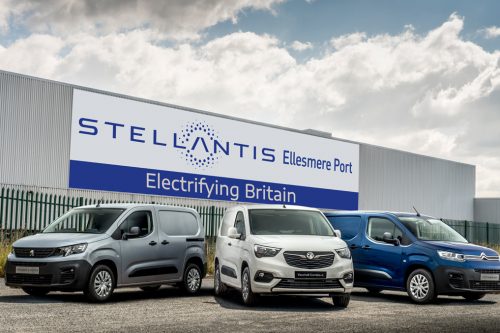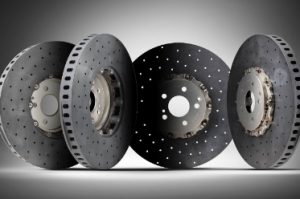Semiconductor shortage puts brakes on car maker Stellantis

Vehicle manufacturer Stellantis saw production rates slow due to the ongoing shortage of semiconductors in the automotive industry.
The 50-50 joint venture between Italian-American conglomerate Fiat Chrysler Automobiles and the French PSA Group owns the Vauxhall manufacturing plant at Ellesmere Port.
The future of the Cheshire site, which currently makes the Astra model, was guaranteed in July when the group confirmed that it will make new electric vans and passenger versions from 2022 as part of a £100m investment, including around £30m from the Government.
Around 1,000 staff are employed at the site.
Stellantis released third quarter results today (October 28), which showed that its European division recorded 470,000 sales in the period, which compared with 732,000 at the same point last year.
Net revenues of €11.62bn compared with €14.8bn a year ago.
It said shipments were down 36%, mainly due to third quarter 2021 production losses as a result of unfilled semiconductor orders, partially offset by the success of its all-new Opel Mokka, all-new Citroën C4 and all-new Fiat 500e.
Group-wide, the manufacturer showed a 14% fall in revenues to €32.6bn due to it producing 600,000 fewer vehicles than planned, because of the computer chip shortage.
Chief financial officer, Richard Palmer, said: “Stellantis’ Q3 net revenues reflect the success of our recent vehicle launches, including new electrified offerings, combined with significant commercial and industrial actions executed by our teams in response to unfilled semiconductor orders.”
He said the full year guidance, of around 10% adjusted operating income margin is, therefore, confirmed, despite continued poor visibility of component supply and assuming no further deterioration of semiconductor supply and no further significant lockdowns in Europe and the US.








